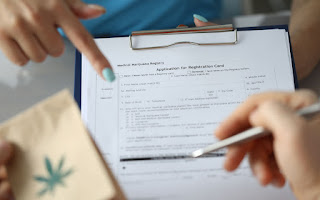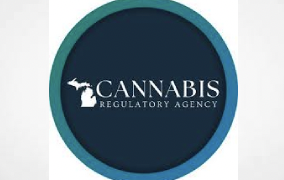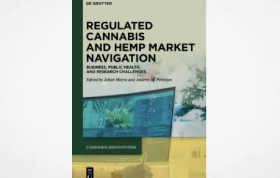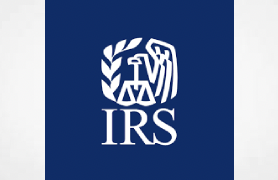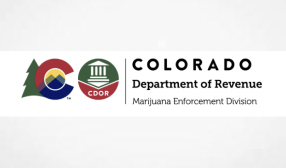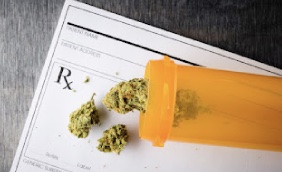Over the past few decades, the perception of marijuana has undergone a significant transformation. Once viewed primarily as a recreational drug with little to no medicinal value, marijuana is now increasingly recognized for its potential therapeutic benefits.
As public opinion has shifted, so too have the laws and regulations surrounding marijuana. More states and countries are now adopting legislation to legalize the use of marijuana for medicinal purposes, recognizing its potential to improve the quality of life for patients with specific health conditions. Consequently, states have started issuing medical marijuana cards, which allow qualified patients to legally access and use marijuana for medical purposes.
This feature will explain the key things you need to know about a medical marijuana card. Read on to learn more.
- Legalization And Regulation
The legality of medical marijuana varies across countries and states. In the United States (U.S.), for example, medical marijuana is legal in some states but remains illegal under federal law. Hence, it’s crucial to research and understand the laws and regulations in your specific location.
Fortunately, several states have established medical marijuana programs that provide guidelines for obtaining a medical marijuana card, usage, and possession.
- Qualifying Conditions
To be eligible for a medical marijuana card, you must have a qualifying medical condition as defined by the state or country where you reside. Common qualifying conditions include chronic pain, cancer, epilepsy, glaucoma, Crohn’s disease, multiple sclerosis, and Parkinson’s disease.
Some jurisdictions may have a broader or more specific list of qualifying conditions, so it’s essential to familiarize yourself with the requirements in your area.
- Doctor’s Recommendation
To obtain a medical marijuana card, you need a recommendation from a licensed healthcare provider. They must confirm that you have a qualifying condition and that medical marijuana may provide relief in dealing with the said condition. Keep in mind that not all healthcare providers are willing or able to provide such recommendations. Hence, you may need to seek out a provider with experience in medical marijuana.
- Application Process
Once you have a doctor’s recommendation, you can request for a medical marijuana card through the designated state or country agency. This typically involves submitting an application form, the doctor’s recommendation, proof of identity and residency, and an application fee. Some jurisdictions also require fingerprinting and a background check.
The application process varies, so make sure to follow the guidelines provided by your local regulatory agency.
- Limitations
Medical marijuana cardholders are subject to specific limits on the amount of marijuana they can possess and, in some cases, cultivate. These limits are determined by the laws and regulations in your jurisdiction. Exceeding these limits can result in legal penalties, even if you have a valid medical marijuana card.
Additionally, there are restrictions on where you can consume it. Public consumption is generally prohibited, and consumption on federal property remains illegal. Further, landlords and employers may have policies restricting marijuana use on their premises, so you must consider these as well.
- Dispensaries And Access
A medical marijuana card allows you to purchase marijuana from licensed dispensaries, which are retail locations where medical marijuana products are sold.
Dispensaries offer a variety of marijuana products, including flowers, edibles, tinctures, and concentrates. Nevertheless, it’s important to note that not all dispensaries carry the same products or have the same prices.
In some jurisdictions, medical marijuana patients can designate a caregiver who can assist them in obtaining and administering marijuana too.
- Traveling With Medical Marijuana
Traveling with medical marijuana can be challenging due to varying laws and regulations. Interstate travel within the U.S. can be particularly risky.
Hence, it’s essential to research the specific laws and regulations in your destination and consider the potential risks involved when travelling.
- Medical Marijuana Card Expiration And Renewal
Medical marijuana cards typically have an expiration date and must be renewed periodically. This may require obtaining a new doctor’s recommendation and submitting a renewal application with the appropriate fees. Be sure to keep track of your card’s expiration date to avoid potential legal issues.
- Reciprocity
Some states or countries have reciprocity agreements that recognize medical marijuana cards issued by other jurisdictions. Yet it’s important to note that the laws and regulations in the visiting jurisdiction still apply, and possession and cultivation limits may differ.
It’s best to research the specific rules and requirements of the location you plan to visit to ensure compliance.
- Privacy And Confidentiality
Patient privacy is an important consideration when obtaining a medical marijuana card. In the U.S., the Health Insurance Portability and Accountability Act (HIPAA) protects patient information, including medical marijuana recommendations and registration.
But some information may be shared with law enforcement or other government agencies in specific circumstances. It’s essential to be aware of your privacy rights and the ways your information may be used.
- Potential Risks And Benefits
While many patients find relief from their symptoms through medical marijuana use, it’s important to weigh the potential risks and benefits.
Medical marijuana may interact with other medications or have side effects. It’s essential to have open and honest conversations with your healthcare provider about your specific situation and how medical marijuana may impact your overall health and well-being.
Takeaway
Obtaining and using a medical marijuana card involves understanding the laws and regulations in your jurisdiction, having a qualifying medical condition, obtaining a doctor’s recommendation, and navigating the application process.
It’s essential to be aware of the specific possession and cultivation limits, consumption restrictions and guidelines for traveling with medical marijuana. By staying informed and following the established guidelines, you can responsibly and legally use medical marijuana to manage your qualifying medical condition.
